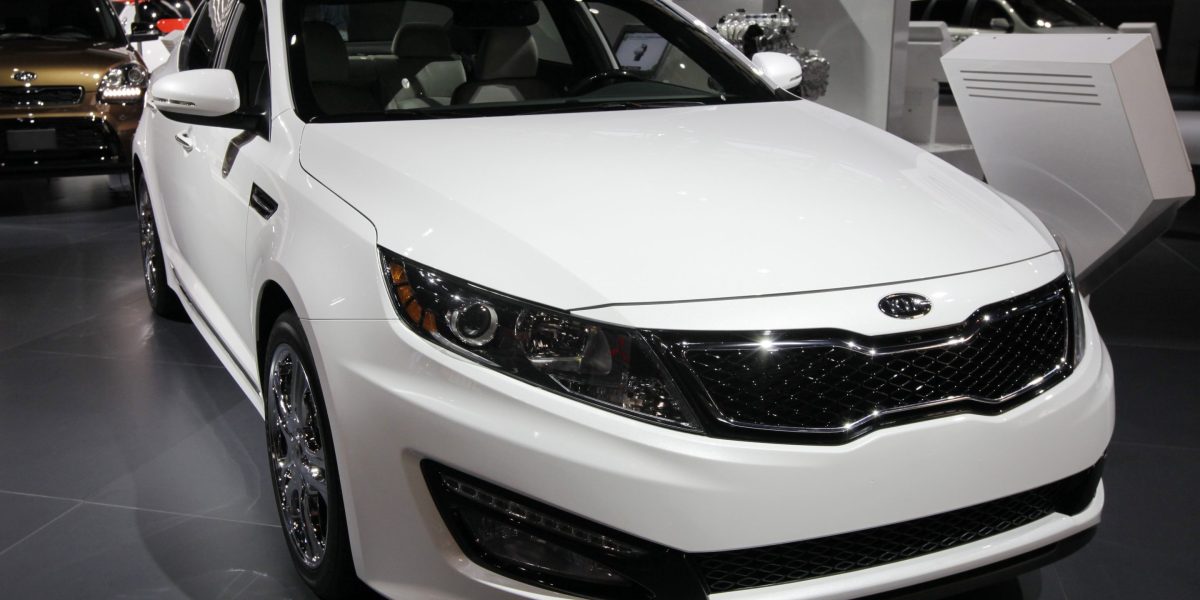In September, Hyundai and Kia issued a recall of 3.4 million of its vehicles in the United States with an ominous warning: The vehicles should be parked outdoors and away from buildings because they risked catching fire, whether the engines were on or off.
Six months later, most of those autos remain on the road — unrepaired — putting their owners, their families and potentially other people in danger of fires that could spread to garages, houses or other vehicles.
Is this personal finance tho?
No
For owners and potential customers of either brand it most certainly is.
There is zero excuse for Kia and Hyundai to have dragged this out for so long. Being expected to park your car outside, away from other vehicles can create some real difficulties, financial and otherwise for impacted owners. Those who live in urban cores with limited parking and people who live in areas with high levels of vehicle crime are particularly vulnerable.
Is an owner who parks in an underground residential garage or parks in a garage for work supposed to park miles away and take a cab back and forth? Are Hyundai & Kia going to pay for the damage caused by break-ins and vandalism because the car had to be parked on the street instead of inside a secure garage? Are these cars just supposed to be parked in a lot somewhere and not driven until Hyundai and Kia get around to correcting the defects in the cars they’ve sold?
These companies need to be subject to a nice, multi-million dollar class-action lawsuit.
Our local multi storey car park burnt down because a (ICE) vehicle caught fire. It had a known recall for years, with a free fix from manufacturer, but the owner never brought it back. The owner ended being liable for the cost to repair the multi story due to their inaction.
This is the best summary I could come up with:
Six months later, most of those autos remain on the road — unrepaired — putting their owners, their families and potentially other people in danger of fires that could spread to garages, houses or other vehicles.
The long-delayed repairs mark the latest in a long series of recalls involving engine fires on Hyundai and Kia vehicles that have bedeviled the two Korean automakers since 2015.
“To expedite the remedy,” Hyundai said in a statement, “we are working closely with multiple suppliers, emphasizing the high priority of the recall, and ensuring quality for the replacement fuses.”
A schedule that Hyundai filed with the government shows that owners won’t start receiving letters advising them to take their cars in for repairs until April 22 at the earliest.
Since September, more than 500 owners have filed complaints accusing the automakers of taking an unreasonable amount of time to make repairs, a review of NHTSA records shows.
Documents that Hyundai and Kia filed with regulators show that the companies have traced the fire problem to brake control units made by Mando, a South Korean supplier.
The original article contains 1,765 words, the summary contains 177 words. Saved 90%. I’m a bot and I’m open source!

